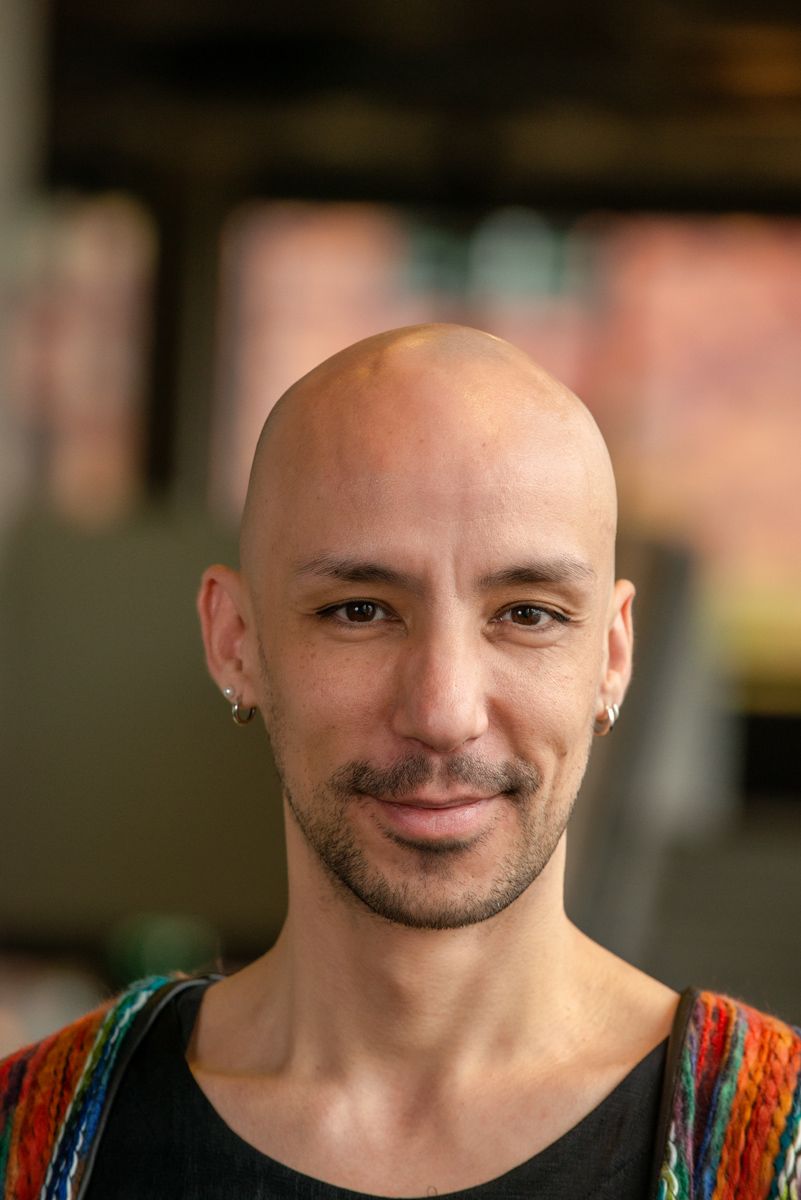actueel
team
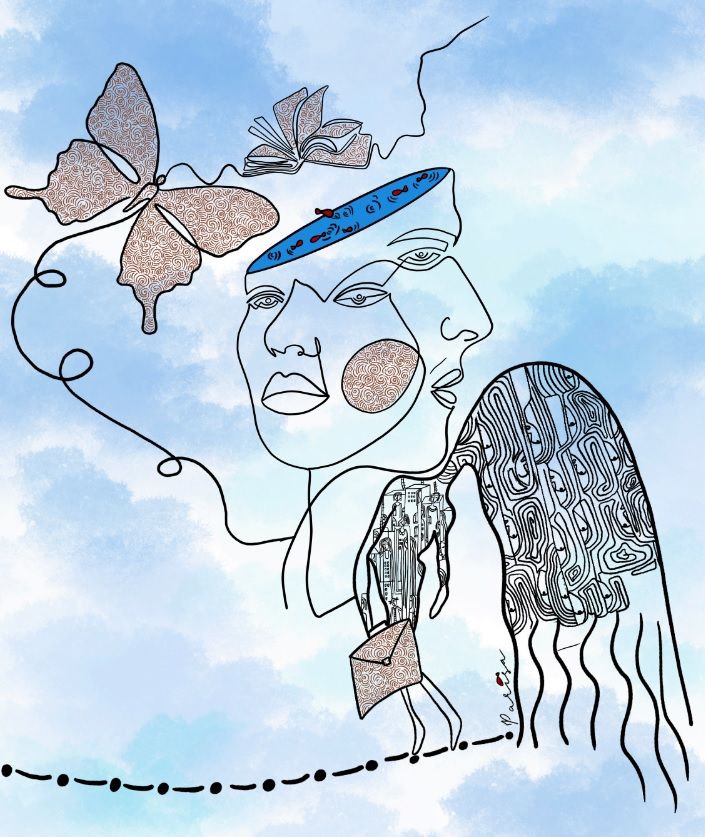
Ik ben Sajad Salmanpour, blij mezelf aan jullie voor te stellen! Sinds 1 juni werk ik bij de VU als junior onderzoeker. Sinds die tijd ben ik betrokken bij het Limbo project van Fabian Holleh. Sinds oktober ben ik projectcoördinator voor de Vluchtelingenacademie en de VICI-groep. Mijn opleidingsachtergrond gaat terug tot 2007 toen ik begon aan mijn bachelor in het sociaal-wetenschappelijke vakgebied Sociaal onderzoek in Teheran. Na het tweede jaar was ik betrokken bij enkele stedelijke onderzoeksprojecten voor de gemeente Teheran. Na mijn afstuderen in 2011, begon ik te werken als onderzoeker voor verschillende instituten met brede en diverse onderzoeksprojecten op het gebied van stedelijke planning, kinderarbeid, vrouwenrechten, vandalisme van een specifieke groep jongeren, en ... enz.
In 2014 ben ik begonnen met mijn onderzoeksmaster in sociologie die ik in 2016 heb afgerond met mijn masterscriptie: Social and cultural changes in Iran approach Semiotics (Semiologie) of B. Beizaie's movies (in dit onderzoek gebruikte ik Semiotiek van Charles Sanders Peirce om semiotiek in de film te analyseren). Op dat moment vond ik mijn interesse in kwalitatieve onderzoeksmethoden. Mijn interesses gaan uit naar onderzoeksprojecten over vluchtelingen en immigranten, lgbtq+ rechten, empowerment, inclusiviteit en diversiteit.
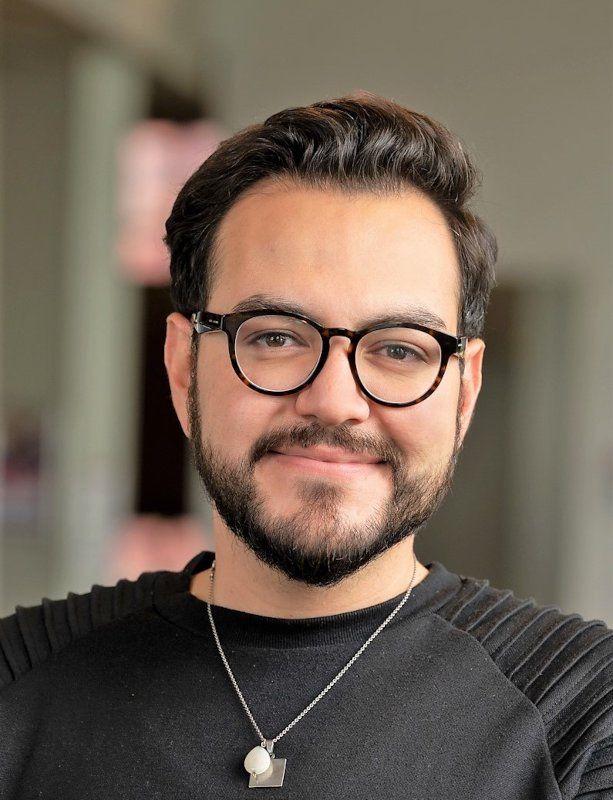
I’m Phoebe Kisubi Mbasalaki, I refer to myself as a nomadic subject, I was originally born in Uganda but have lived on several continents. I recently moved to the University of Essex where I’m a lecturer at the Department of Sociology, before that I was based in South Africa. My research focuses on gender and sexuality and it’s intersections with race and class.
The starting point would be doing my bachelor there. This was both being equipped but also becoming of a political subject, being conscious and getting to know the South African context in terms of colonialism and apartheid. I grew up watching this in television but living there opened up these intersections between race, class and gender, so I became politically aware as a student in that space. That awareness led me to seek social justice and I think that awakening led me to feel at home in South Africa.
Since then, all my academic work has been rooted in social justice. That’s the strong connection: South Africa is where I became awoken!
And I also studied at the University of Cape Town, which is a beautiful city! Who would not love to wake up at the mountain or the sea? I also got fully introduced to enjoyment in terms of food and wine. I also have really strong interpersonal connections at the university from my student days, many of whom I still connect with now. Many of them are still in Cape Town and are doing really amazing transformative work at the university, and were really influential in my progress as an academic. I’m still connected to them while I work in different places, every time I go back there, I feel at home because of these bonds. I have my South African family as I called them.
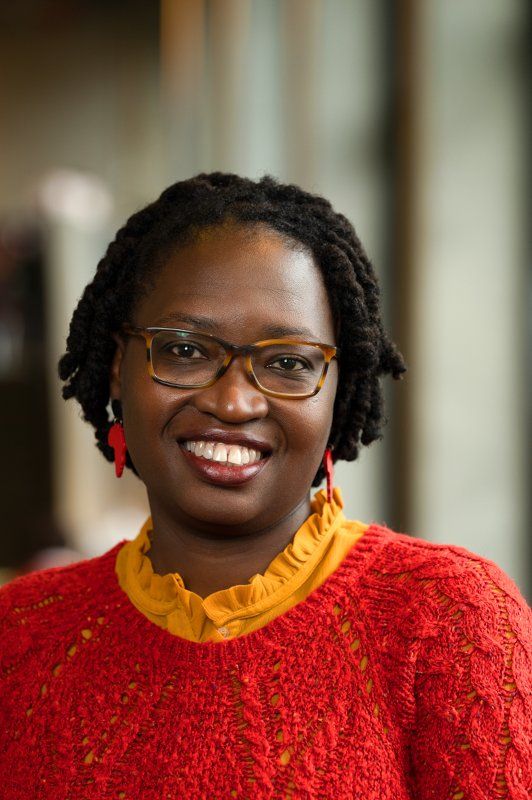
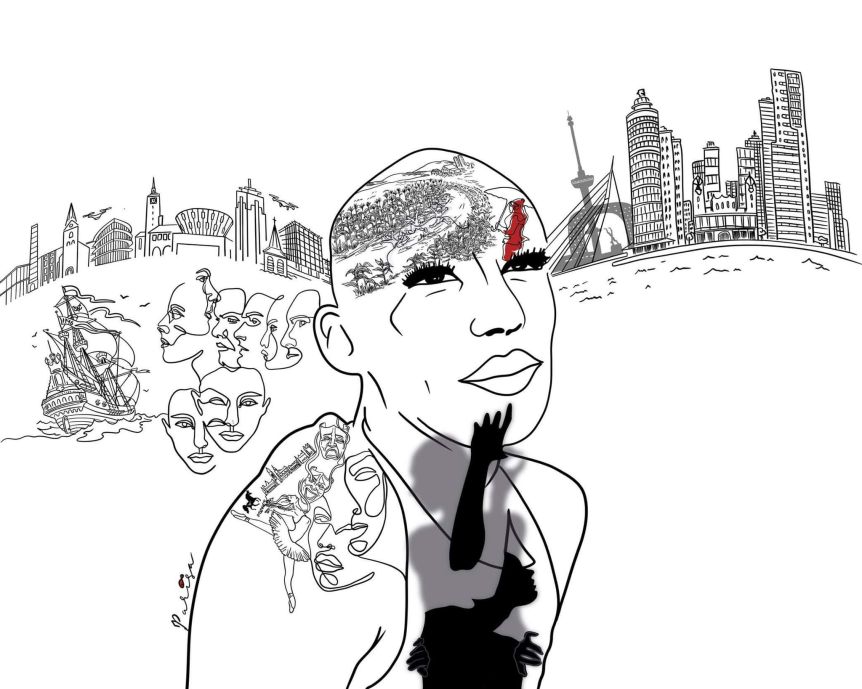
Fabian Holle studeerde in 2004 af als acteur/theatermaker aan de HKU (Hogeschool voor de Kunsten Utrecht), werkte samen met regisseurs, choreografen en performance kunstenaars, was medeoprichter van het theatercollectief Ponies (2005-2015) en treedt op als drag persona Massiah Carey. In 2020 voltooide die (cum laude) een Master of Science in sociologie aan de Vrije Universiteit Amsterdam. Fabian won de 2020 ARC-GS MA Thesis Prijs (Amsterdam Research Centre for Gender and Sexuality op de Universiteit van Amsterdam).
In diens thesis analyseert die hoe LHTBQ+ vluchtelingen onder andere door middel van kunstuitingen weerstand bieden aan de uitsluitende sociale structuren waar ze mee te maken krijgen. Momenteel werkt Fabian als onderwijsmedewerker voor het master programma sociologie aan de VU, en als University Research Fellow met prof. dr. Halleh Ghorashi in het VICI onderzoeksproject: Engaged Scholarship and Narratives of Change.
'Mijn doel is om in toenemende mate verbinding te maken met (LHBTQ+) vluchtelingen- en migrantengemeenschappen in binnen- en buitenland, om kennis en ervaringen uit te wisselen die bijdragen aan meer gelijkheid, inclusie, zichtbaarheid en agency.'
